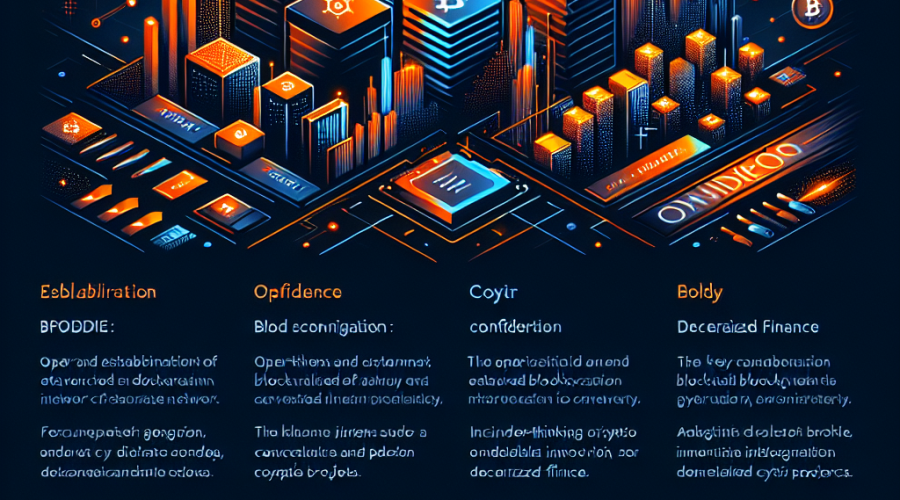The Revolution of Blockchain in Africa
In the Western world, blockchain technology is frequently associated with speculation and regulation. However, in Africa, blockchain is developing a narrative highlighting necessity, innovation, and grassroots adoption. Kevin Imani, head of StarkWares Africa Venture Studio, offers unique insights into how African nations are harnessing blockchain to address real-world challenges in sectors like finance, energy, and connectivity.
Early Adoption Driven by Necessity
Imani observes that young students in Africa, from countries like Kenya and Nigeria, became early adopters of blockchain technology before it garnered mainstream popularity. Their motivations stemmed from necessity far more than the technological novelty. Specifically, these students relied on digital currencies received from foreign sources or freelancers who were paid in dollars and faced difficulties in converting these earnings into local currency.
Decentralized systems became a crucial lifeline in regions where banking infrastructure is inadequate, and there is minimal faith in government institutions.
The Challenge of Centralized Systems
While centralized systems like Kenya’s E-Mpesa have significantly transformed access to finance, they do present challenges, particularly for international payments or transforming digital assets to tangible funds. Imani described the complex procedure of converting stablecoins or crypto earnings into usable local funds, a process that necessitates becoming virtually a trader.
This trust gap has led many in the region to turn to peer-to-peer crypto usage. Communities have been finding use cases for blockchain before the arrival of regulation or even startup-developed infrastructure.
Addressing Energy Insecurity with Blockchain
Interestingly, African innovators are also addressing energy insecurity using blockchain. Imani shared the story of a rural community in Zambia that implemented a mini hydro station. Instead of the excess power generated from this going to waste, locals can utilize the excess to mine Bitcoin, creating a sustainable loop, and generating revenue. This is a prime example of blockchain technology helping strengthen economies and reduce waste.
Blockchain in Connectivity
Connectivity is yet another sector where blockchain is making a significant impact. In areas where traditional internet services are lacking, decentralized WiFi hotspot networks are gradually taking the center stage. Blockchain enables community members to share bandwidth and get rewarded instantly and transparently, eliminating the need for middlemen.
The State of Mainstream Adoption
Despite the promising adoption, mainstream embrace of decentralized systems is somewhat sluggish. Governments in countries like Kenya, Nigeria, and South Africa have taken a careful stance, focusing more on consumer protection than wholeheartedly welcoming the technology. However, hopefuls like Imani continue to remain optimistic about the future.
Conclusion
How blockchain is revolutionizing sectors in Africa paints a different picture than the Western interpretations of the technology. Driven by necessity and innovation, communities across the African continent have embraced blockchain to tackle local challenges, ranging from finance to energy and connectivity. While the regulatory environment is still evolving, the grassroots adoption and benefits provided by blockchain technology hold out the promise of a transformative effect on the African landscape.


















